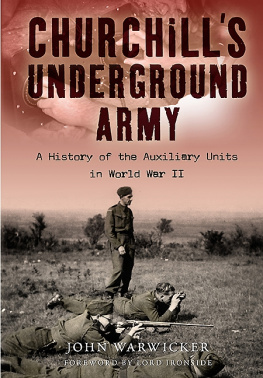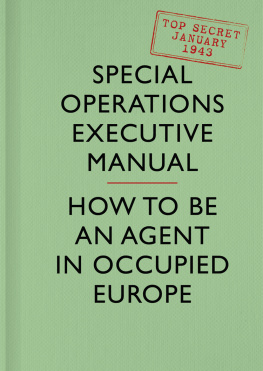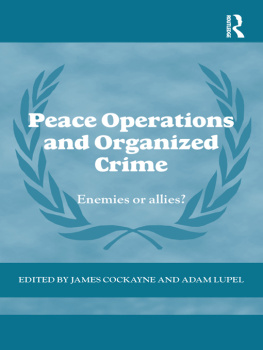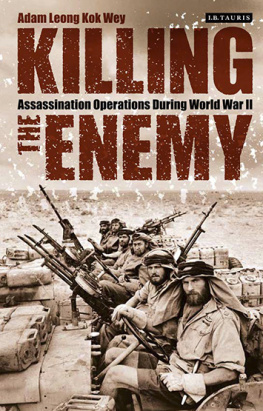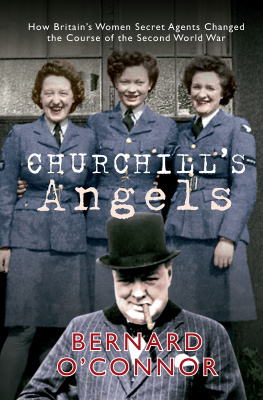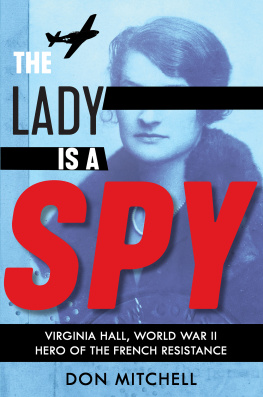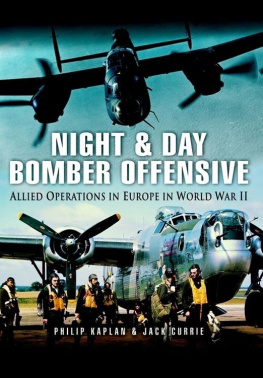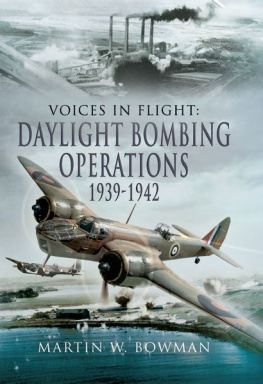How, after the fall of Warsaw, any responsible statesman could trust any Russian Communist further than he could kick him, passes the comprehension of ordinary men.
(MRAF Sir John Slessor, Commander of the airmen who flew to Warsaw during the 1944 uprising).
First published in Great Britain in 2014 by
PEN & SWORD AVIATION
An imprint of
Pen & Sword Books Ltd
47 Church Street
Barnsley
South Yorkshire
S70 2AS
Copyright Jim Auton MBE 2014
ISBN 978 1 78383 158 6
eISBN 9781473841208
The right of Jim Auton MBE to be identified as Author of this work has been asserted by him in accordance with the Copyright, Designs and Patents Act 1988.
A CIP catalogue record for this book is available from the British Library
All rights reserved. No part of this book may be reproduced or transmitted in any form or by any means, electronic or mechanical, including photocopying, recording or by any information storage and retrieval system, without permission from the Publisher in writing.
Pen & Sword Books Ltd incorporates the Imprints of Pen & Sword Aviation, Pen & Sword Family History, Pen & Sword Maritime, Pen & Sword Military, Pen & Sword Discovery, Wharncliffe Local History, Wharncliffe True Crime, Wharncliffe Transport, Pen & Sword Select, Pen & Sword Military Classics, Leo Cooper, The Praetorian Press, Remember When, Seaforth Publishing and Frontline Publishing
Printing in England by Anthony Rowe UK.
For a complete list of Pen & Sword titles please contact
PEN & SWORD BOOKS LIMITED
47 Church Street, Barnsley, South Yorkshire, S70 2AS, England
E-mail: enquiries@pen-and-sword.co.uk
Website: www.pen-and-sword.co.uk.
To the memory of brave men and women of wartime underground resistance forces and their forgotten compatriots who served in the British Armed Forces.
Acknowledgements
I am grateful to the following kind friends who encouraged me to write this book about the Polish, Czechoslovak and other airmen who served under them, and also about the partisans who were supported by the Allied air forces in enemy-occupied territory:
Air Chief Marshal Sir Frederick Rosier, commander of Polish fighter squadrons;
Wing Commander Cecil Harper, Senior Operations Officer of the Balkans Air Force;
Bickham Sweet-Escott, business colleague and Head of SOE Polish and Balkan sections;
Group Captain Ken Bachelor, commander of 138 Squadron RAF at Tempsford;
Group Captain Ron Hockey, commander of 138 and 161 Squadrons RAF;
Colonel Wojchiech Borzobohaty, Armia Krajowa area commander.
I also acknowledge encouragement and help received from the following:
former Czech and Polish ambassadors (ex-partisans) and defence attachs;
Mr Skolimowski, former Polish Consul General;
fellow veterans of 205 Group RAF; fellow members of the Armia Krajowa Association in Warsaw;
fellow members of the Air Bridge Association;
fellow pilots of the Czechoslovak Air Force (I am an honorary pilot);
Colonel Pavlik of SVAZ LECU Pilots Association in Prague;
General Spacek and others of the Czechoslovak Legionnaires Association;
General Siska and others of the Czechoslovak ex-RAF Association in Prague; General Petrak MBE MC, my liaison officer in Slovakia;
Professor Popovich, Veterans Council Chairman, Transcarpathian Region, Ukraine;
Wojciech Borzobohaty Junior.
CHAPTER ONE
Although the massive slaughter of the Second World War was barely over, we already faced the threat of another deadly conflict. The long Cold War had begun.
Getting out of the car, I turned up the collar of my thick overcoat against the biting chill of autumn and shoved my hands deep into my pockets. I knew that our airmens graves lay in the far corner of Polands vast war cemetery and, as I skirted around the multitude of Russian and Polish soldiers graves, my feelings turned from sadness to bitterness. I said to Zak, my Polish companion, What a bloody awful waste of lives! He sorrowfully shook his head and muttered, And was it all worth it? Our people are scarcely any better off now under Russian occupation than we were under the Germans. In fact, we had more food then.
It was late afternoon and I hoped the light would not fade before I managed to locate the particular graves that I wanted to record with my little pocket camera. On reaching the air force section, I walked quickly along the rows of graves, photographing the headstones of friends who had flown to Poland with me from our wartime base in Italy. Kneeling to press a little wooden remembrance cross into the grave of Squadron Leader Liversidge, my former flight commander, I found the ground was like concrete. No doubt the Poles did their best to maintain the site properly but, as grass and flowers did not grow well in the harsh Polish climate, the war graves looked rather shabby and forlorn compared with those in the west. Zak watched me planting the cross and said, Our Polish veterans have marked his crash site with a plaque in Krakow. I can show you where it is tomorrow, if you like. I explained that I was committed to a business visit to the Huta Baildon steelworks in Katowice and said, Show me when I come to Krakow again. I will make sure I am not so busy next time.
As we searched along the rows of headstones, I saw that a couple of elderly women in drab peasant-style clothes and well-worn leather boots were sweeping fallen leaves off the gravel pathways with birch brooms. I offered them some Polish money and said, Take good care of these graves for me; these men were my friends. The women looked startled. I spoke in German because I knew that Poles of their age in southern Poland understood that language. Now, at the height of the Cold War, every Pole was deeply suspicious of strangers. I saw the anxiety in the womens eyes and hastened to assure them that I was not trying to trick them. I am not a communist. I was one of the English airmen who flew to Warsaw during the 1944 Uprising. As I switched into my primitive Polish, they nodded, Da, powstanie. Every Pole knew about our pathetic efforts to support the tragic Warsaw Uprising in 1944. The women grasped my hands and kissed my fingers before taking the Polish money and stuffing it away under their voluminous skirts. They immediately stopped work on the paths and began vigorously to clear dead leaves off the airmens graves while I tried to take photographs without getting the women in the pictures. Zak called out to me, Is this one of yours? I dont think he is on our list of Warsaw casualties. I noted the name Leo on the gravestone and the date, 20 August 1944. I said, I dont remember him. I will try to find out something about him in London when I get back. By the time I had photographed the graves of men from my old squadron, I was feeling increasingly resentful and depressed. I said to Zak, I am worried about the trouble with Russia. I think it will not be long before the shooting starts again and next time it will be a damn sight worse than before.
As we trudged back to the cemetery gates, I saw a few shabbily dressed old people placing glass jars containing flickering candle stubs on private graves of Polish pilots. A couple of nuns, busily polishing a large tomb, stopped work and hid when they saw us approaching. We got into my car and I said to Zak, I dont know about you, but I hate graveyards and Im bloody frozen stiff. He said, What we need are a couple of vodkas. Zak had been a sixteen-year-old wartime partisan. In his spare time he now recorded the sites of shot-down Royal Air Force planes and the names of casualties. In addition to my lucrative sales activities in capitalist countries, I had recently started visiting countries behind the mysterious Iron Curtain. Although ostensibly engaged solely on promoting East-West trade, I secretly undertook other activities such as research into our wartime air force actions over the lands that became Soviet satellites at the end of the war.


